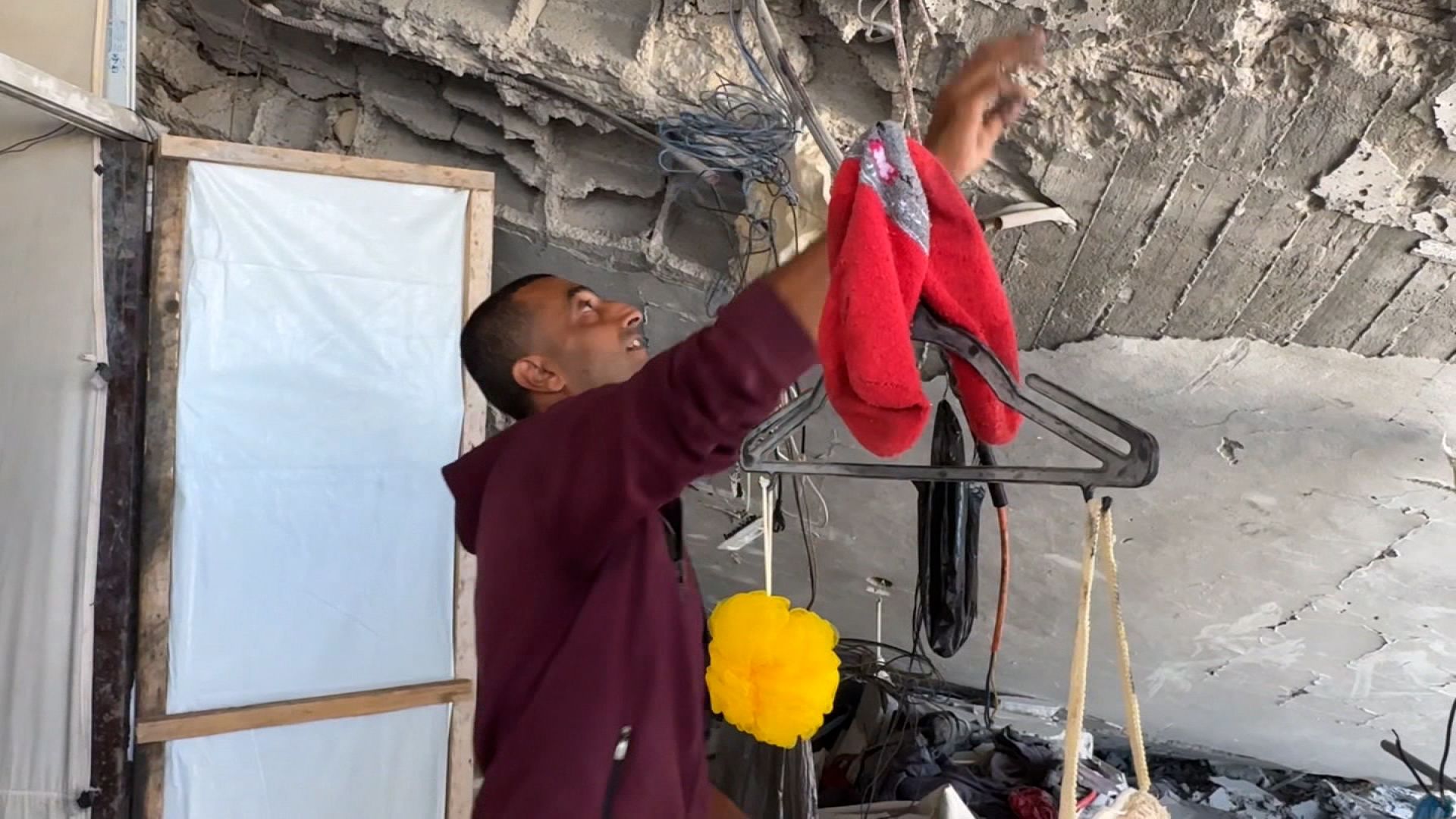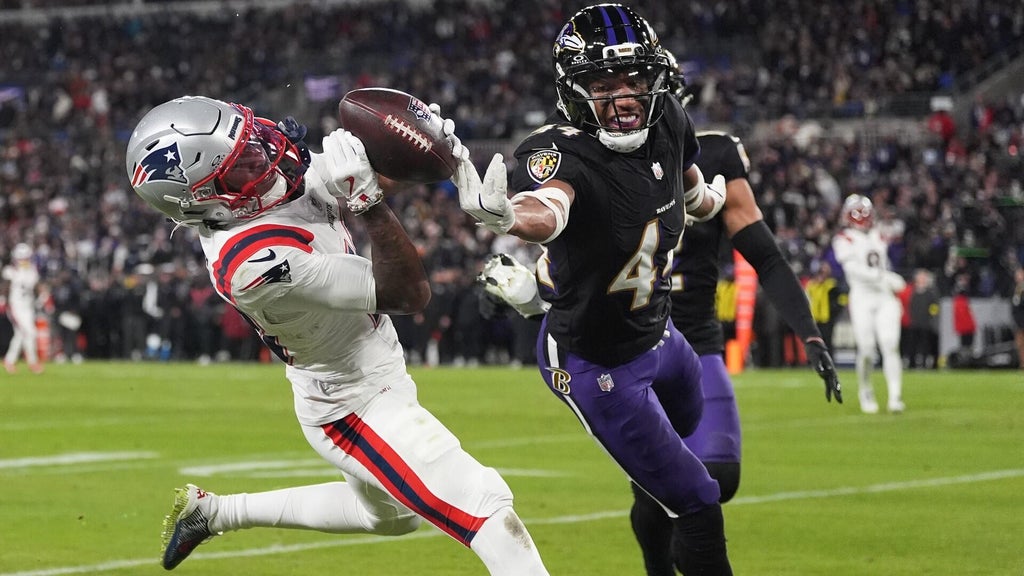Gun Violence Crisis Deepens in Black Communities as Policies Shift

Gun violence in the United States is increasingly impacting Black communities, exacerbated by policies that roll back prevention efforts. Recent statistics reveal that these neighborhoods, long affected by disinvestment and systemic racism, bear the brunt of this ongoing crisis. Former President Donald Trump has initiated changes that undermine key initiatives aimed at reducing gun-related violence, raising concerns among community leaders and advocates.
The latest data from the U.S. Department of Justice indicates that gun violence rates have surged in cities like Chicago, Baltimore, and Philadelphia. Reports show that Black Americans are disproportionately affected, accounting for nearly 60% of all gun homicide victims in 2022. This stark reality underscores a troubling trend that highlights the intersection of race, poverty, and public safety.
Systemic Issues Fueling Gun Violence
The roots of this crisis extend beyond immediate incidents of violence. Decades of disinvestment in Black communities have left many residents without adequate access to education, employment, and healthcare. These longstanding issues contribute to a cycle of violence that is difficult to break. According to the National Institute of Justice, communities that experience economic hardship are more likely to suffer from higher rates of gun violence.
Community organizations have been vocal about the need for targeted intervention strategies. They argue that addressing the underlying causes of gun violence is essential for creating sustainable change. Activists emphasize the importance of funding for community programs that focus on youth development, conflict resolution, and mental health support.
As public concern grows, the response from policymakers remains divided. While some advocate for stricter gun control measures, others argue that such actions infringe on individual rights. The current administration’s stance has shifted, with the rollback of several key prevention initiatives that were established under previous governments.
Trump’s Policy Changes and Their Impact
In March 2023, Donald Trump announced a series of policy changes aimed at dismantling existing gun control measures. These include reducing funding for community outreach programs and rolling back regulations that govern gun sales. Critics of the policies argue that these changes leave vulnerable communities at greater risk and jeopardize public safety.
“While we need to protect individual rights, we cannot ignore the devastating impact of gun violence in our communities,” said a representative from a prominent advocacy group. “Without a comprehensive approach that includes prevention, we are simply ignoring a public health crisis.”
The consequences of these policy shifts are already visible in cities where gun violence has spiked. Community leaders report increased fear and anxiety among residents, exacerbating the challenges they face. Many emphasize the need for renewed attention to the issues that fuel violence, advocating for a holistic approach to public safety.
Ultimately, the ongoing gun violence crisis in Black communities serves as a critical reminder of the urgent need for policy reform. As the landscape continues to evolve, the call for effective solutions becomes increasingly vital. Without concerted efforts to address the root causes of violence, the cycle of suffering will persist, leaving many to grapple with the devastating consequences.






